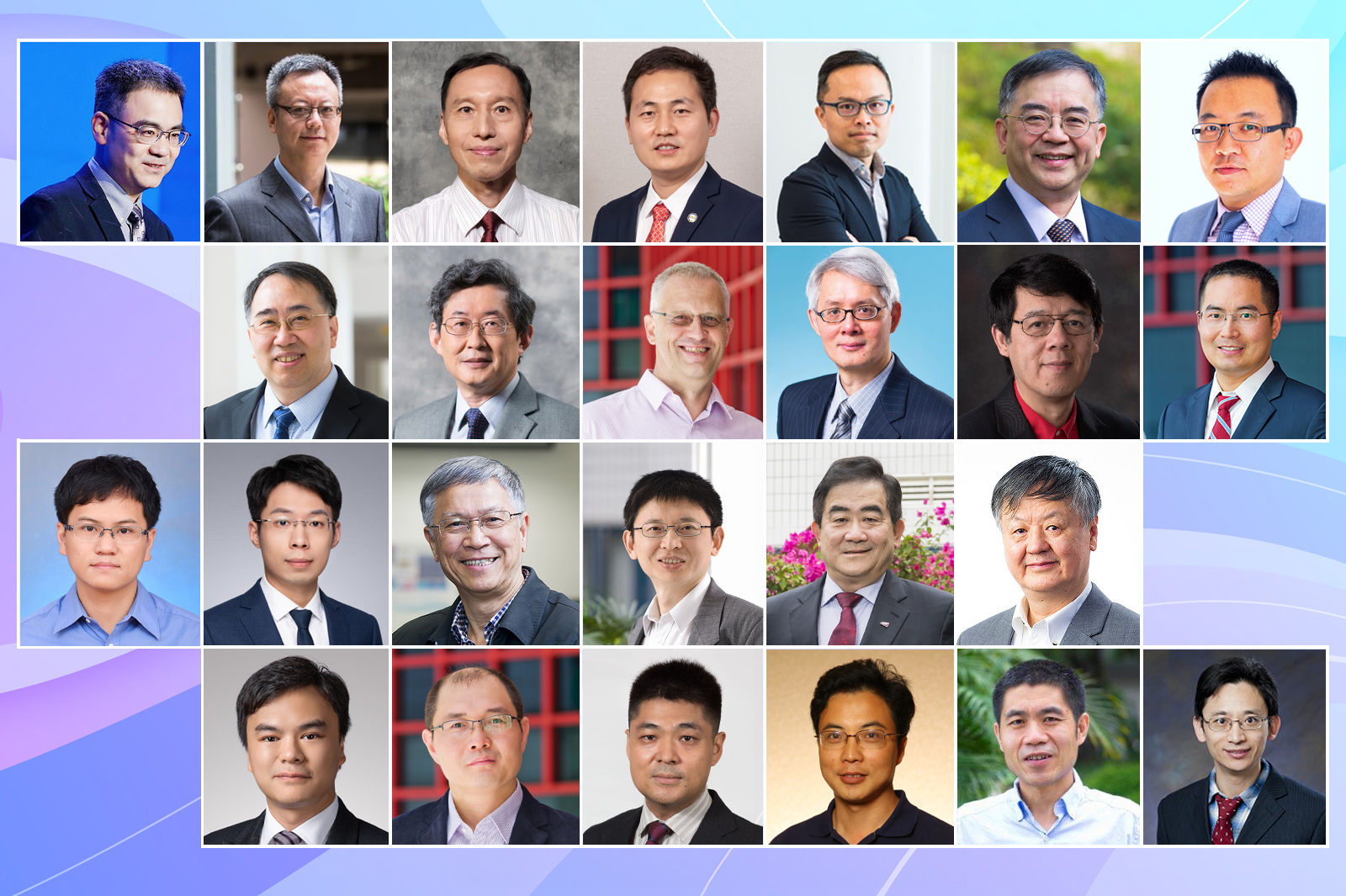27 CityU scholars are listed among the world's Highly Cited Researchers; CityU ranked 1st in terms of proportion in Hong Kong

Altogether, 27 faculty members from City University of Hong Kong (CityU) have been named Highly Cited Researchers for 2023 by Clarivate, placing CityU 44th worldwide, 10th in Asia and 2nd in Hong Kong. By faculty size, CityU’s percentage of the world’s most Highly Cited Researchers puts us 1st in Hong Kong.
The list recognises scientists and social scientists who have demonstrated substantial influence in their fields by publishing multiple highly cited papers ranked in the top 1% by citations. A total of 6,849 researchers from 67 countries and regions worldwide have been named Highly Cited Researchers for 2023.
Professor Freddy Boey, President of CityU, expressed his delight at the latest news and congratulated the faculty members named as this year’s Highly Cited Researchers for their well-earned recognition and unwavering commitment to advancing knowledge through their research endeavours. “We are very proud of our CityU colleagues and will continue supporting our faculty members in pursuing excellence,” he said.
“Their accomplishments reaffirm our dedication to fostering a culture of innovation and excellence in research,” he added.
Among the 27 faculty members from CityU named as Highly Cited Researchers 2023, Professor David Lou Xiongwen, Chair Professor of the Department of Chemistry and Professor Zhang Hua, Herman Hu Chair Professor of Nanomaterials and Chair Professor in the Department of Chemistry and the Department of Materials Science and Engineering, were recognised in multiple academic fields. Professor Lou is one of 26 researchers in the world awarded in three categories, while Professor Zhang is one of the 238 researchers in the world awarded in two categories.